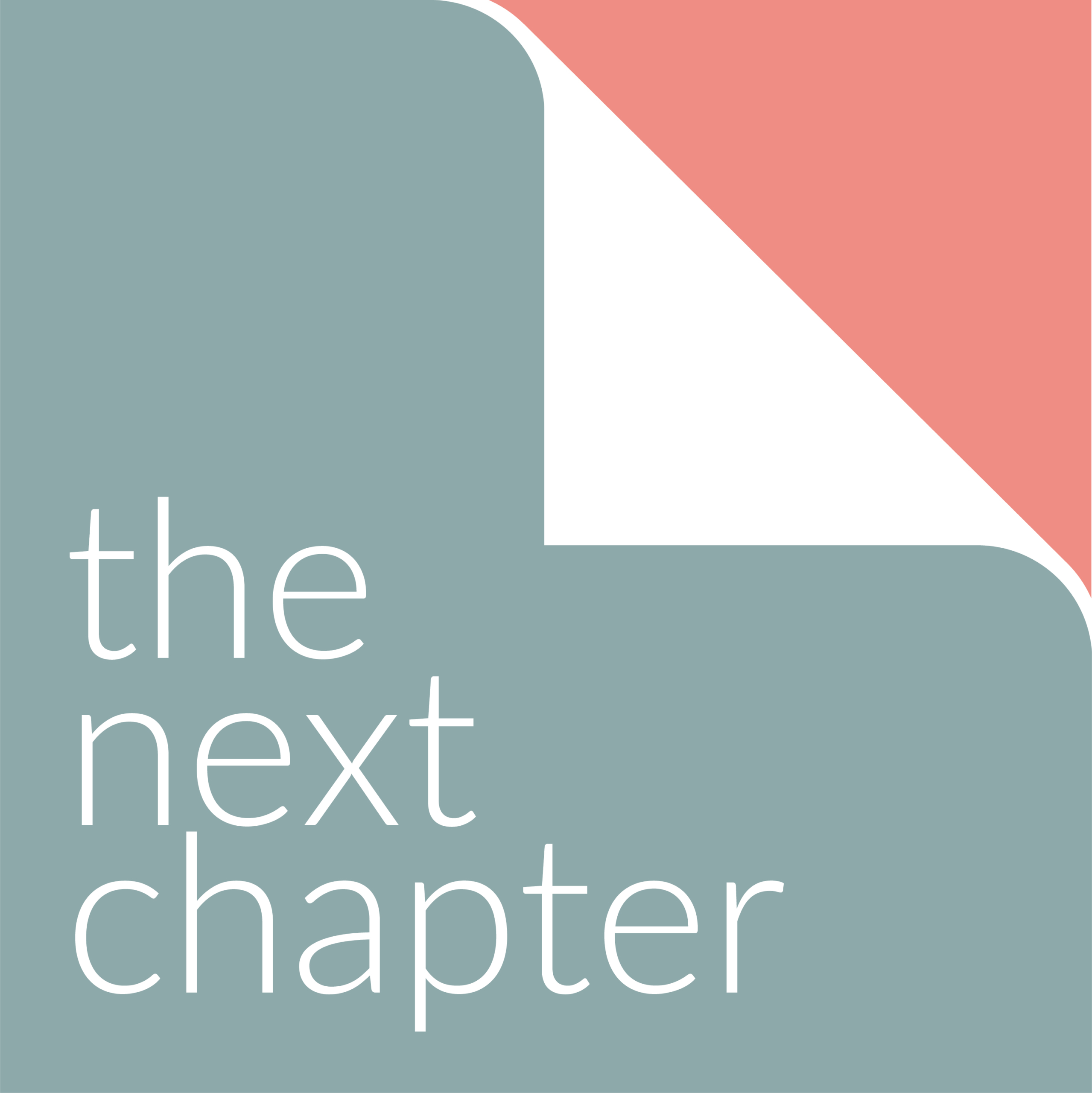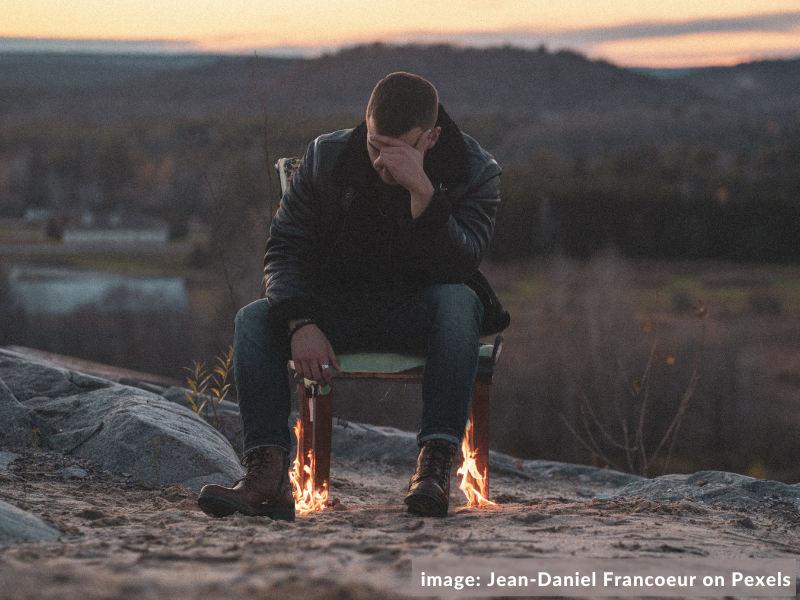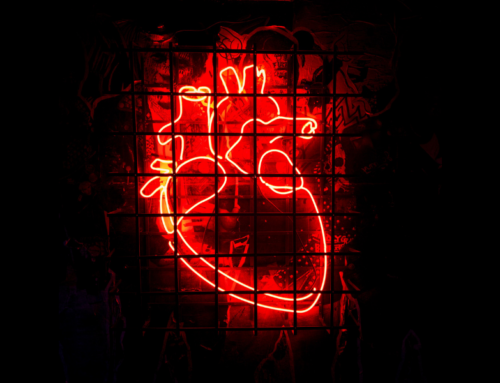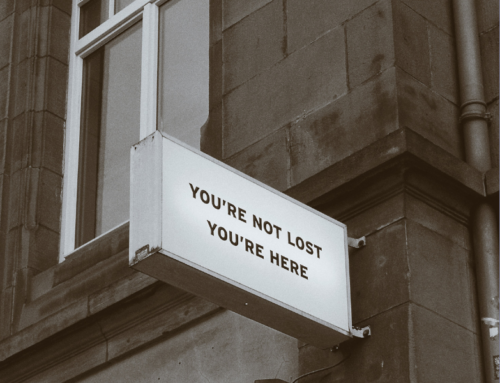guest article by Kevin Connor from Citizens Advice Gambling Support Service
what are gambling harms?
‘Gambling harms’ is a broad term, and different pieces of research have used different definitions. So there isn’t a checklist that covers every situation, but, examples include: getting into debt, gambling more to try to make up for losses, feeling out of control with it, or losing sight of other priorities in your life. Family and friends might be harmed as well, for example: being affected financially, worrying about the person, and feeling like you’re losing them to gambling.
When the harmful effects build up, people often feel self-reproach or shame, which can lead to them becoming isolated, anxious or desperate, and for some, to thoughts of suicide. If you find gambling is harmful to you – whether it’s one of these examples or something else – then that’s a valid reason to get support as soon as you can.
who is gambling?
Stereotypically, gambling has been perceived as a “man’s thing”. However, more women are now taking part in gambling-related activities than ever before. The Gambling Commission 2022 survey found that around 42% of women had gambled on activities such as the National Lottery, scratch cards, and bingo. The coronavirus pandemic has had a significant effect on women’s participation in gambling, with 9% of women aged 16-35 gambling for the first time during the pandemic, in comparison to 4% of other gamblers.
Young people are increasingly likely to access gambling activities through online video gaming, for example, loot boxes. With loot boxes, gamers spend real-world money, which converts to a digital currency to unlock unknown ‘rewards’ in the game. This looks massively different from the typical in-shop horse or football betting, but the premise is the same. The gamer – who could be very young – wagers their money in the hope that it will be worth it. Some packs cost £20 or more, with no guarantee that you will get anything valuable or recoup your money. This can lead to gambling-related harms such as chasing losses.
more access & more advertising
Technology has also created increased opportunities to gamble for everyone via the internet and mobile phones. Also, gambling adverts are 600% more frequent now than when the Gambling Act 2005 was passed. This law was intended to help protect children and vulnerable adults from being harmed or exploited by gambling.
All this means more people are likely to develop gambling problems, and organisations like the Citizens Advice Bureau are vital to raise awareness and help change perceptions towards gambling and the harms that can come with it.
who has gambling problems?
Research has found about one in a hundred Scottish adults – roughly 1% of the adult population or around 45,000 people – is a “problem gambler”. There could also be many more people who don’t fit the research definition but who are finding it harmful in some way.
Across Scotland, there is a big gap between the most and least affluent areas of society. People living in the most economically marginalised areas of the country are almost three times more likely to develop a problem with gambling. Glasgow has the second-highest concentration of gambling shops of anywhere in the United Kingdom. As happens elsewhere, these are concentrated in the least affluent areas of the city. This adds to the risk factors of poverty and the challenges of recovery.
However, anyone anywhere can find themselves having problems with gambling, with any amount of money. You don’t know it’s going to be a problem until it is one. If it’s causing you problems, do seek help immediately. It is not your fault, and you can get expert help – it’s not something you have to try to sort on your own.
spotting the signs that someone needs help
- Declined credit
- Missing work, school, college or university for no apparent reason
- Becoming worried, or agitated, or upset for no apparent reason
- Falling behind in rent and essential bills – perhaps into long-term arrears
- Unexplained expenditure
- Household valuables going missing – potentially being pawned off for money
- Erratic payments
Gambling harms can have huge impacts on a person’s life and can also affect their friends and family too. For each person who has a gambling problem within the United Kingdom, there are, on average, up to eight other people who are affected by the harms. Tragically, around one suicide every day in the UK is due to gambling problems.
recovery support
For recovery support, the Citizens Advice Gambling Support Service recommends these organisations:
Gamcare
Gamcare provides information, advice, support and treatment for anyone affected by gambling harms, and runs the National Gambling Helpline, plus centres in Edinburgh, Glasgow and North/South Lanarkshire. The Helpline number is 0808 8020 133 (free, 24 hour) or you can use their live chat or messaging services.
RCA Trust
RCA Trust provides a helpline, group support, advice and information and counselling for gambling-related harms, among other services.
Gordon Moody
Provides residential and community-based treatment and support services.
These three organisations are part of the National Gambling Treatment Service – a network of organisations who work together to provide confidential treatment and support for anyone experiencing gambling-related harms.
training support
All book links take you to our pages on Bookshop – the platform for independent bookshops.
We are a not-for-profit bookshop. Buying books from these links supports our work to provide low-cost counselling and other wellbeing services, so your book contributes to your wellbeing (we hope) and to others’ too.
Please email info@thenextchapter.org if you have any questions about the books or would like to get some personalised recommendations.







